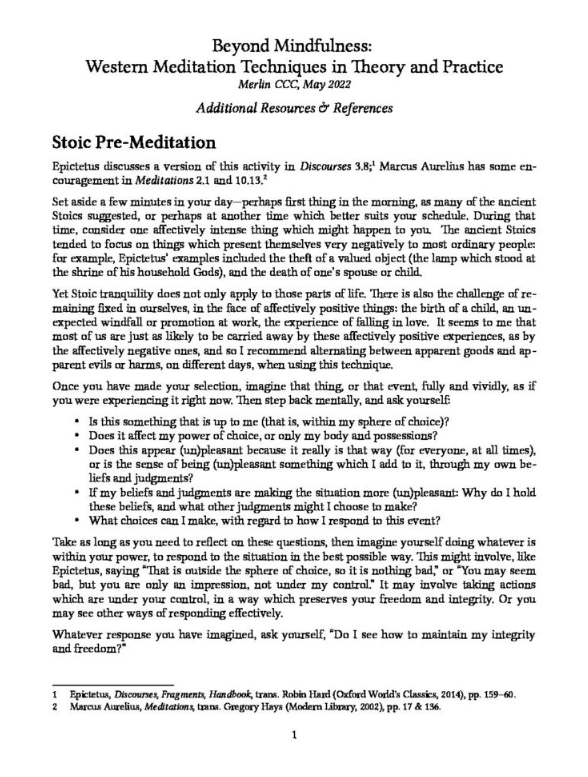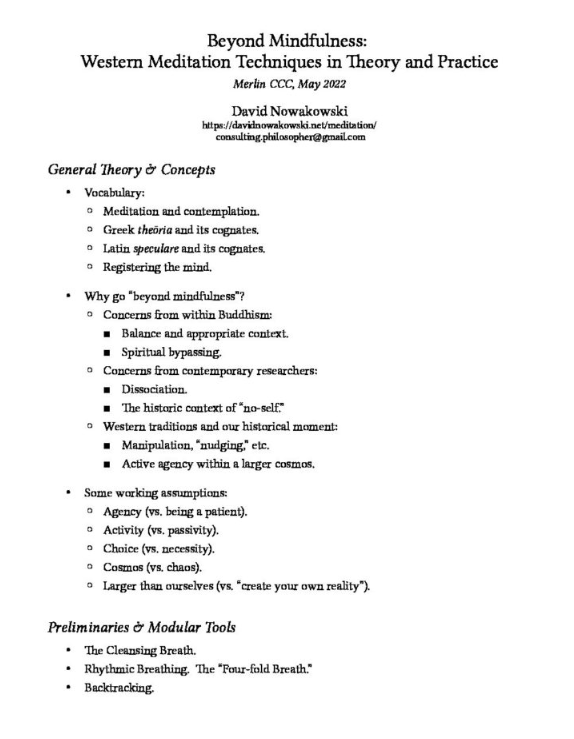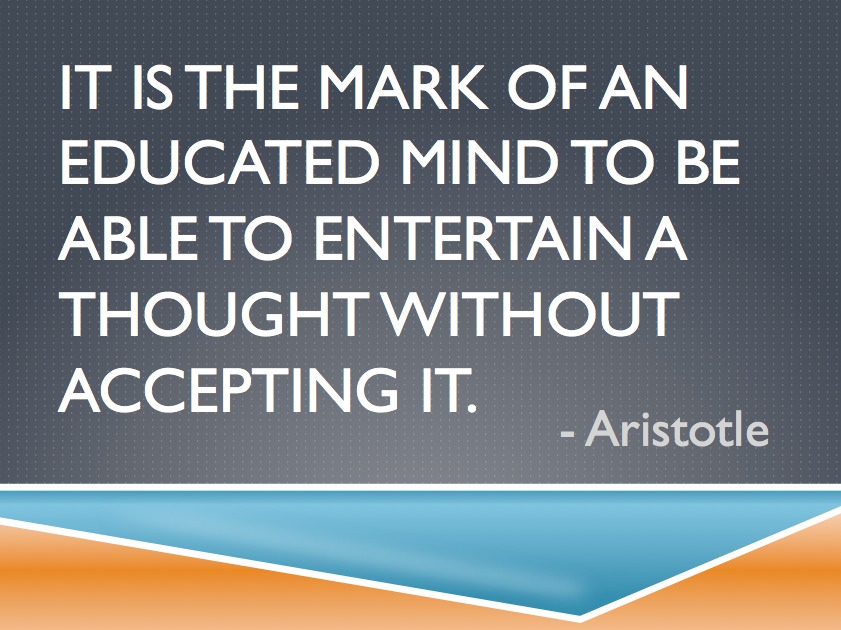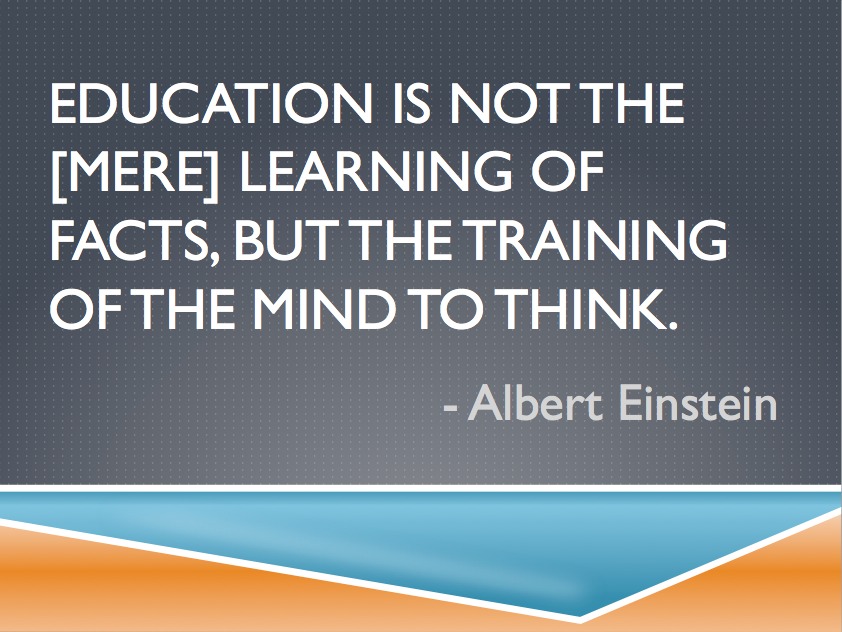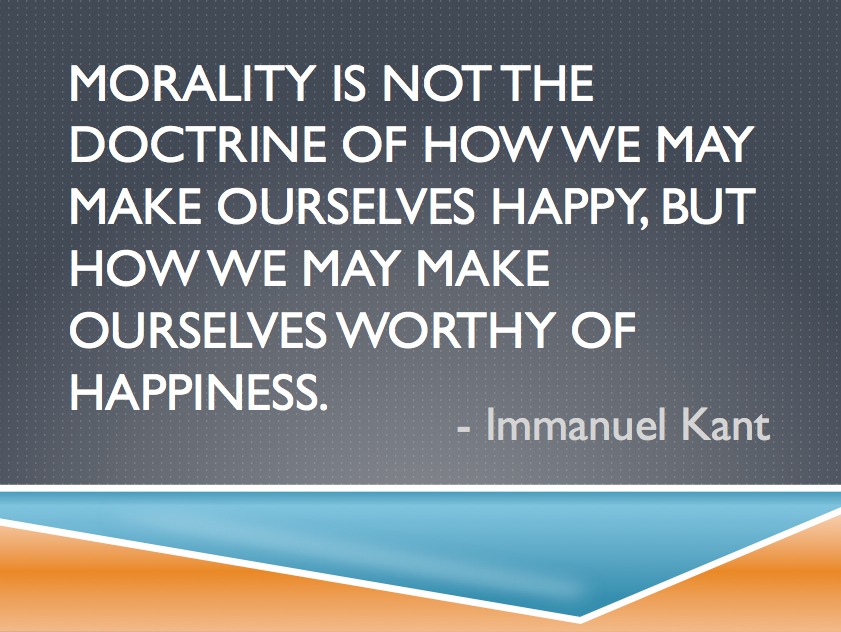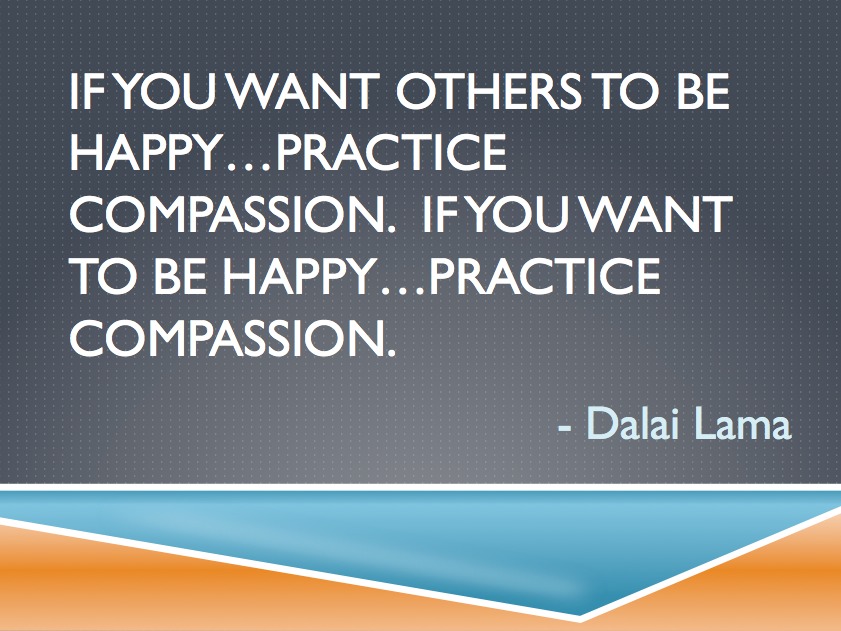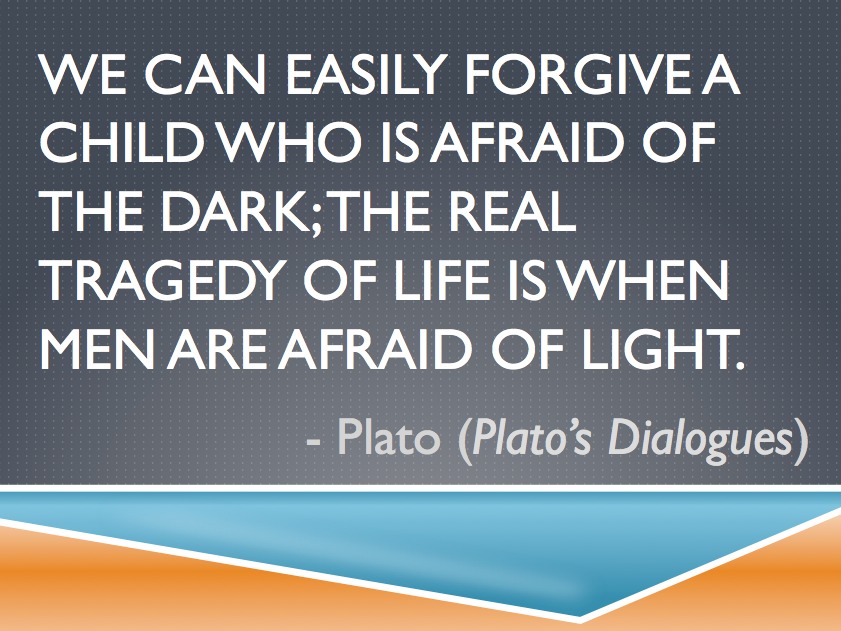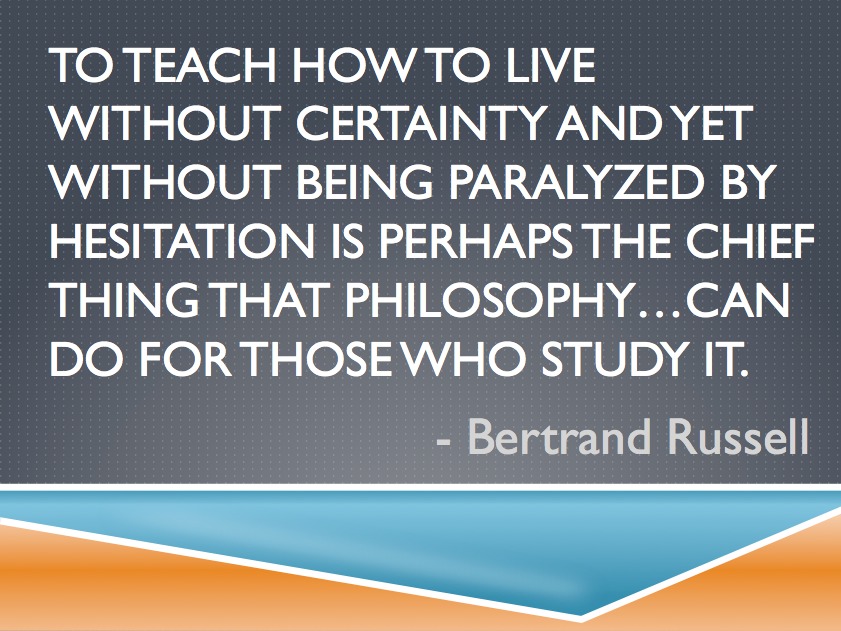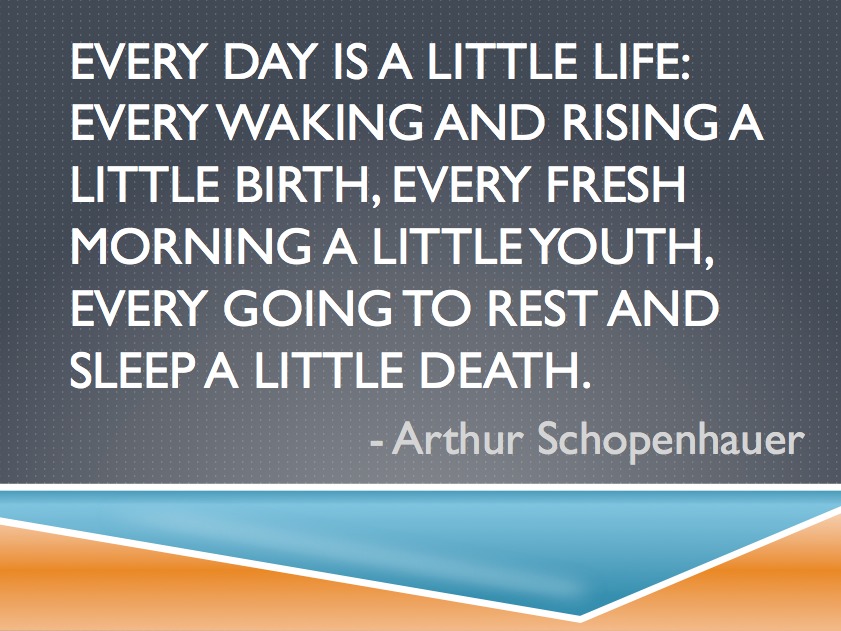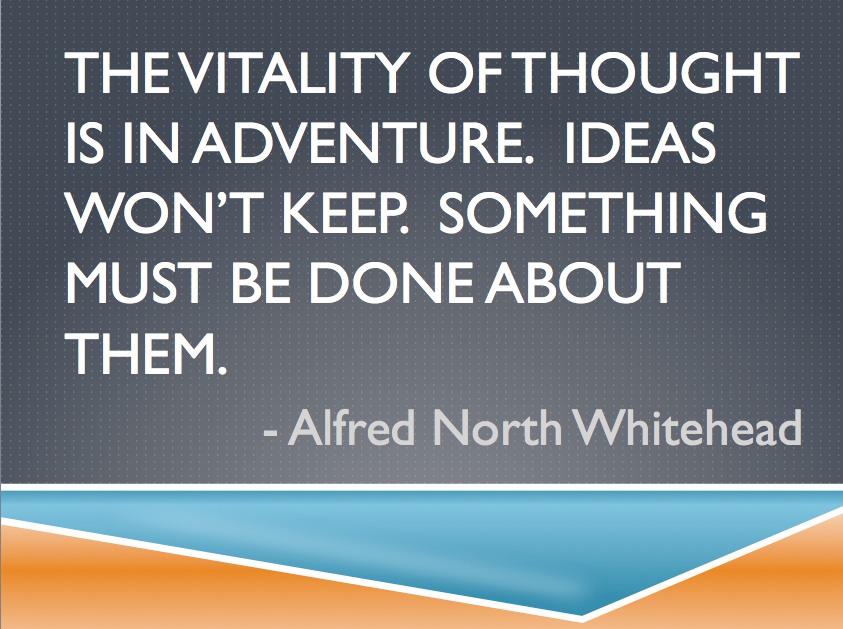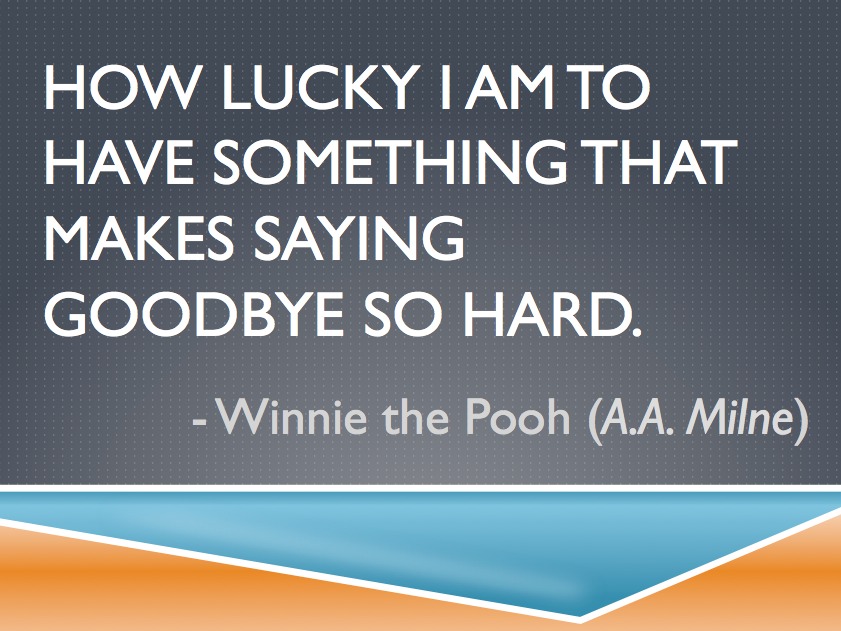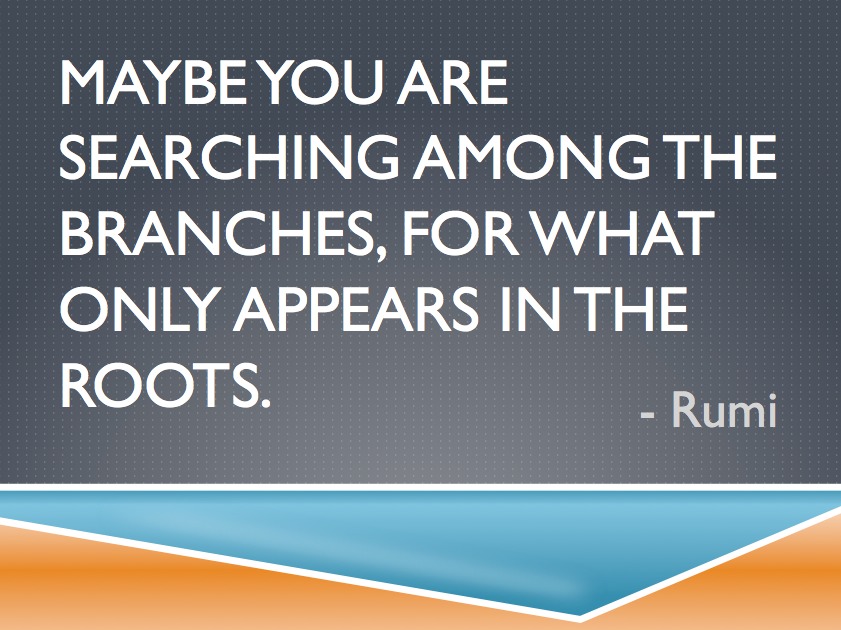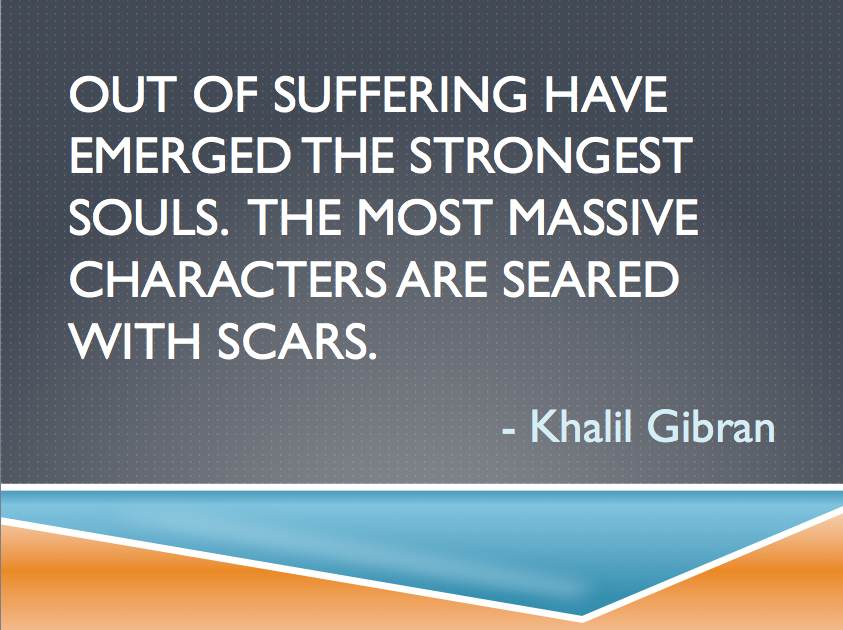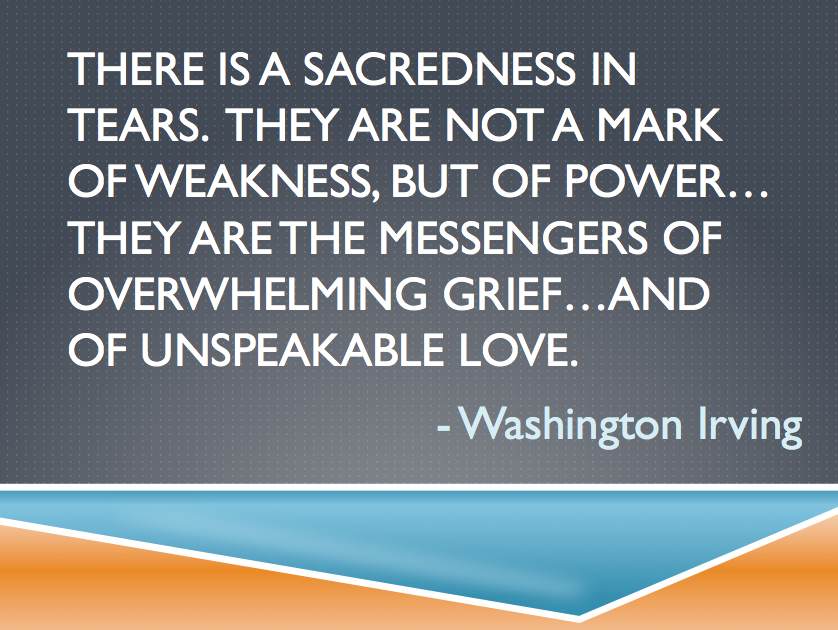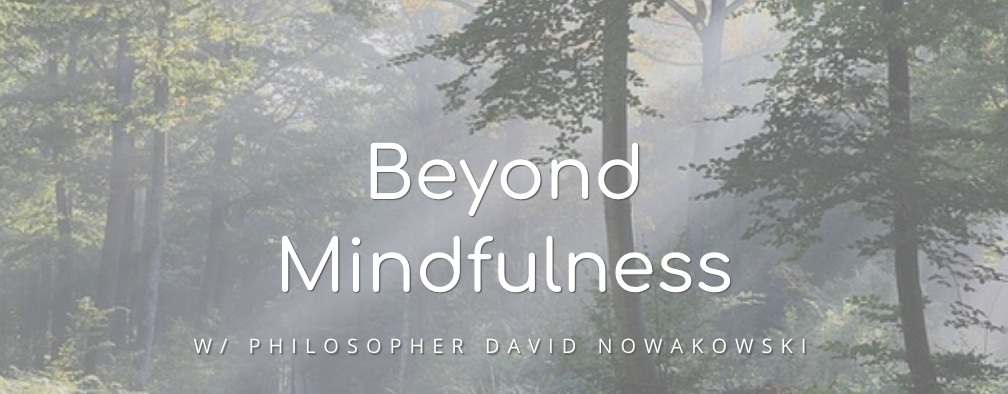
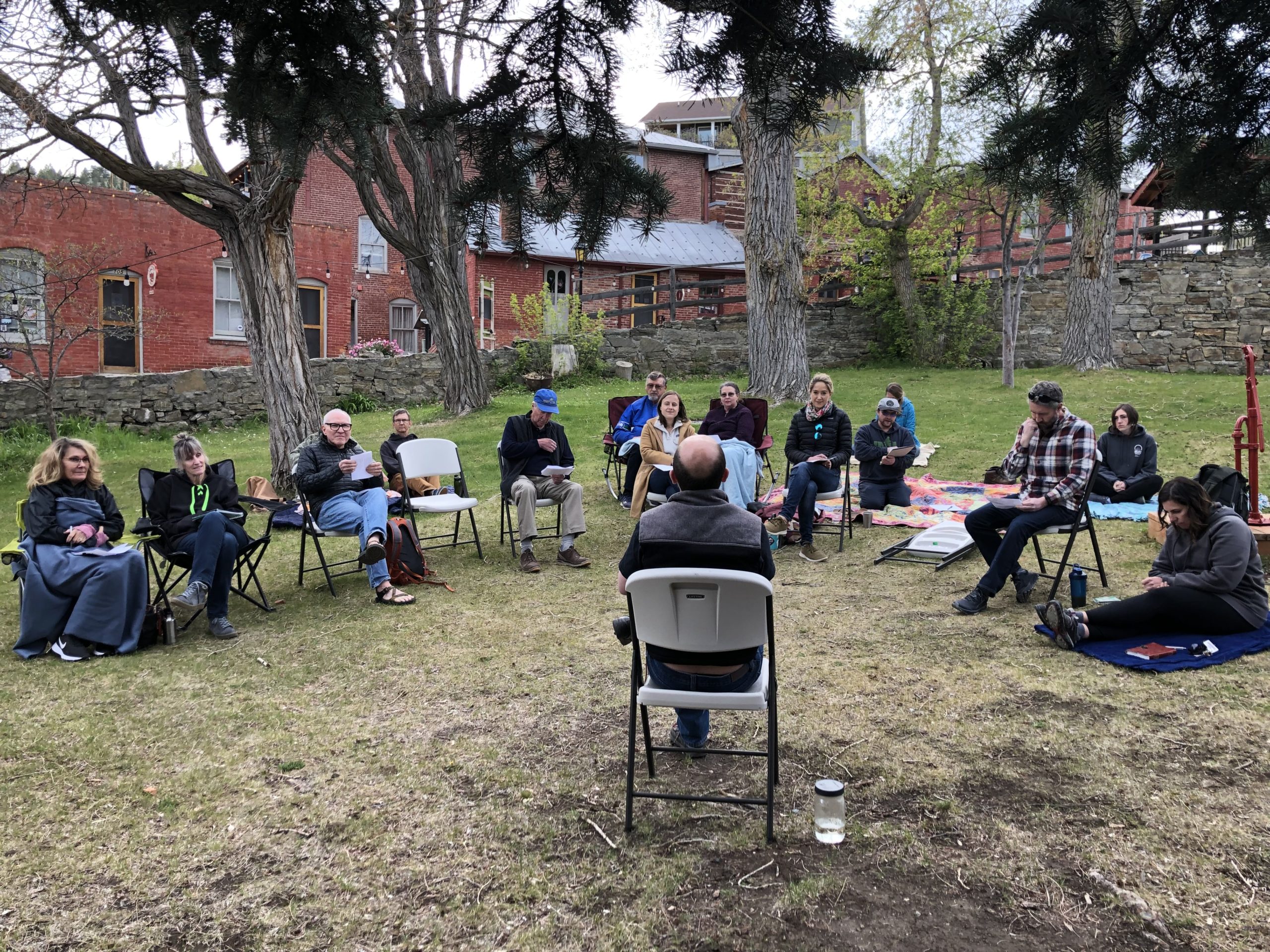
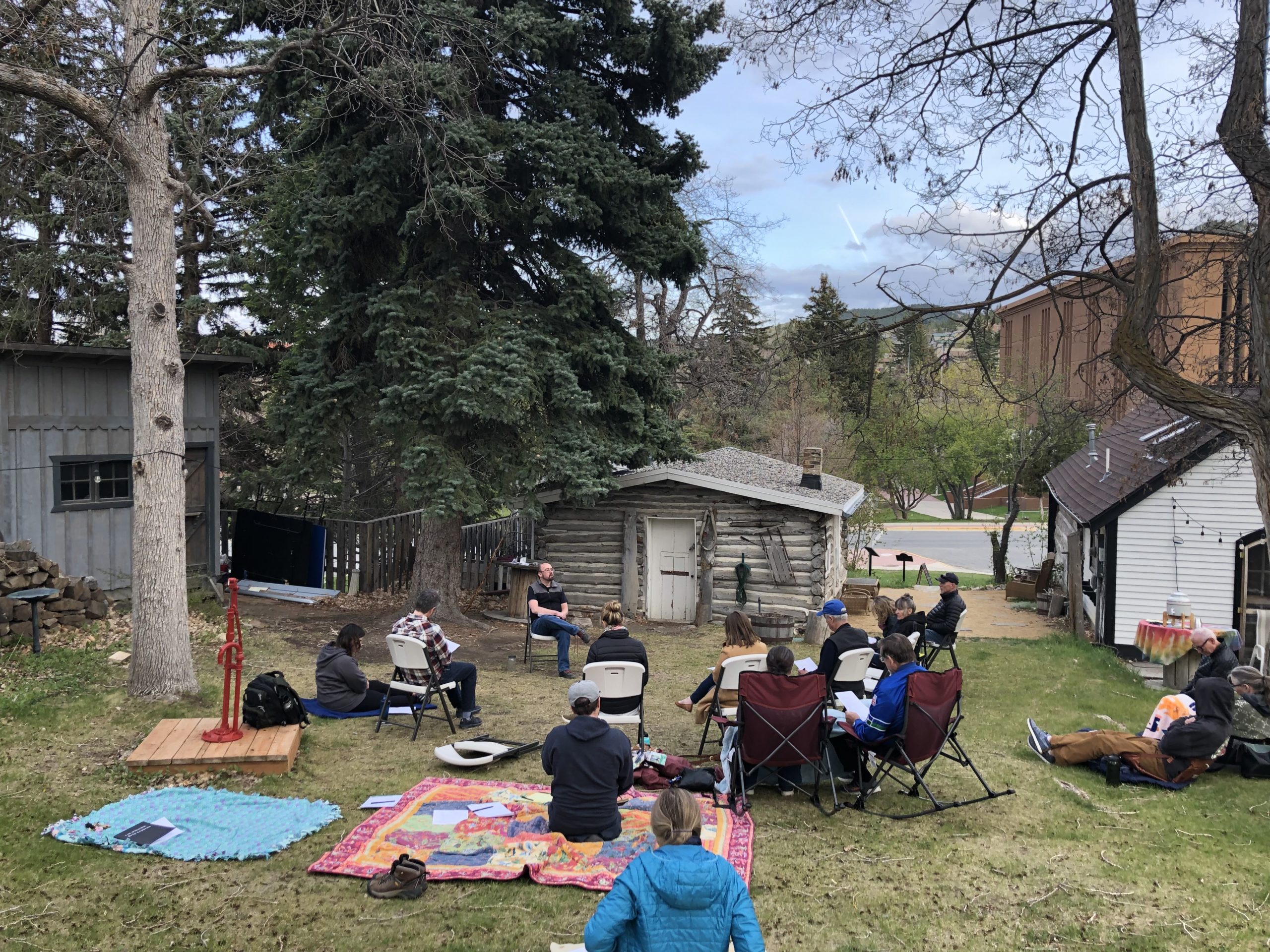
For many people, the word “meditation” is synonymous with “mindfulness”: a technique for quieting the mind, for observing one’s thoughts without judgment, which often carries an exotic flavor, reflecting an “Eastern” origin. Those techniques of mindfulness meditation are powerful tools, which many people have found to be useful. But they’re not the only game in town. Not by a long shot.
Meditation has been part of the Western intellectual and spiritual heritage for thousands of years of recorded history. And the strategies and techniques of meditation have been wildly diverse, as they focus on a variety of different goals. Unlike simple “mindfulness” practices that attempt to still or quiet the thinking mind, most of these styles of meditation are designed to focus, direct, and train the mind: cultivating and strengthening our powers of concentration, understanding, reasoning, will, discernment, and judgment.
(In Asian traditions, too, we find a broad range of meditative techniques for training the mind and developing the powers of human reason and concentration. Those methods are both quite interesting in their own right, and well beyond the scope of this short workshop.)
In this workshop, we explored several techniques of meditation with deep roots in Western spiritual, religious, and philosophical life and practice. We examined two daily practices, popular among the ancient Pythagoreans and Stoics, for developing the power of recollection and preparing ourselves for challenging circumstances. And we considered more broadly the ways in which meditative practices can help us to develop our powers of attention, concentration, clarity, and discernment.
For all of these techniques, we combined practical instruction and hands-on experience, with theoretical reflection on what these techniques can do, and how they differ from common ideas of “mindfulness.” And we discussed some common dangers and pitfalls of all these methods of meditation, along with basic precautions and safeguards. All of these practices have been used by countless people over thousands of years, with great success. Still, any tool that has the power to be useful or helpful (whether in carpentry, electronics, medicine, spiritual development, etc.) also has the potential to be ineffective or even counterproductive, if used inappropriately. So we discussed both the strengths and the limitations of these methods, and gave practical advice for avoiding common problems.
Along the way, we touched on a variety of related issues and questions, including the relationship between philosophy, spirituality, and religion; and what it means when we say that philosophy is a “way of life.”
Resources
Periodically, updated versions of these exercises, as well as some other meditation-y things less directly connected to this workshop, can be found here: https://davidnowakowski.net/meditation/
Pictures




About Our Workshop Leader
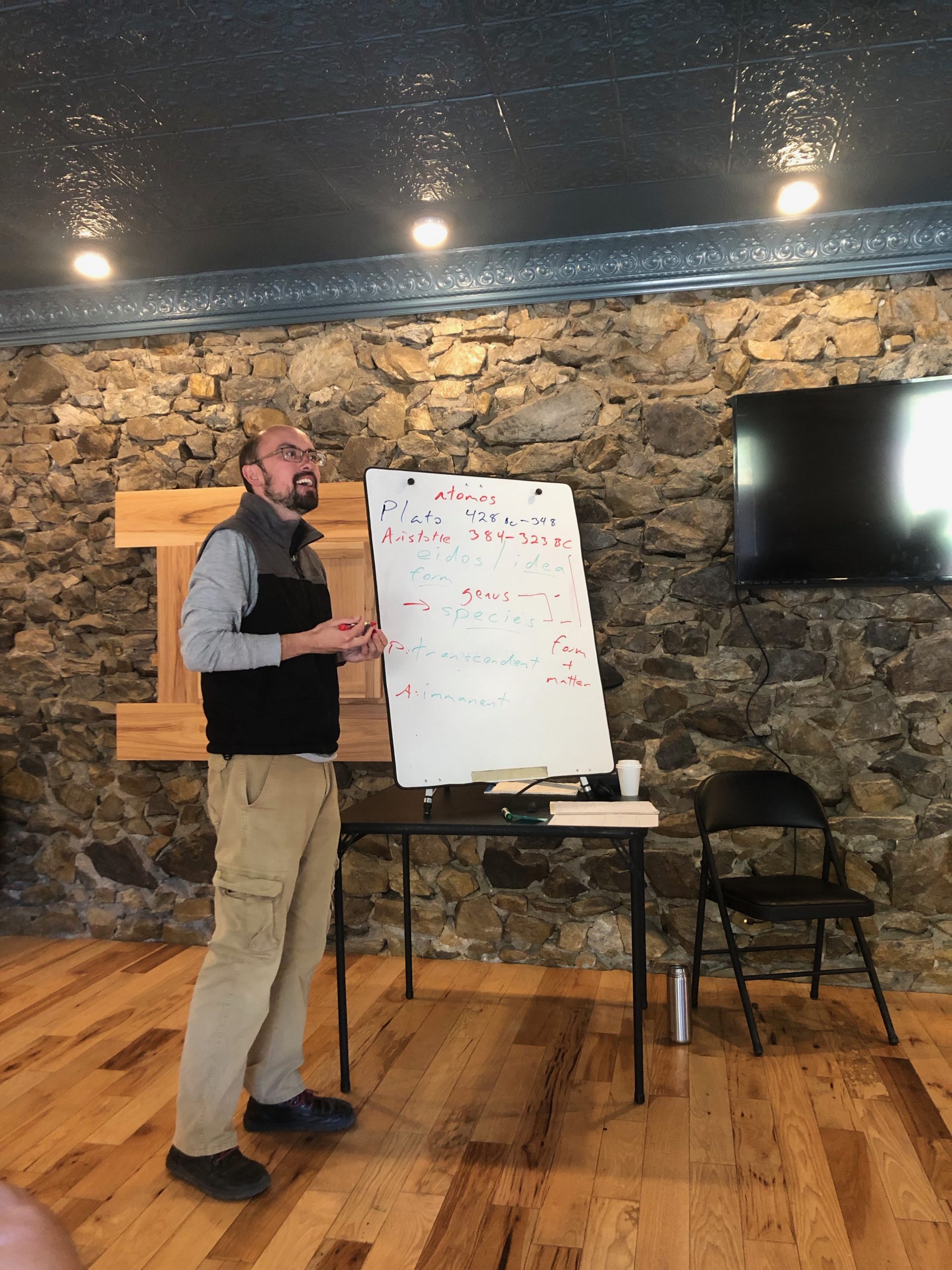
David is as a philosopher and educator whose professional work is dedicated to helping people of all ages and backgrounds access, understand, and apply the traditions of ancient philosophy to their own lives. A lover of philosophy and the great outdoors, David is currently building his own consulting practice and serves as a Philosophical Advisor and Consultant for Merlin CCC & Senior Mentor for scholars in the Merlin Fellowship Program.
David began studying ancient philosophies and classical languages in 2001, and has continued ever since. A scholar of the philosophical traditions of the ancient Mediterranean (Greece, Rome, and North Africa) and of the Indian subcontinent, reading Sanskrit, Latin, and classical Greek, he earned his Ph.D. in philosophy from Princeton University in 2014. His work has appeared in a variety of scholarly journals, including Philosophy East & West, Asian Philosophy, and the Journal of Indian Philosophy; as well as in presentations to academic audiences at Harvard, Columbia University, the University of Toronto, Yale-NUS College in Singapore, and elsewhere.
A hermit by nature and by committed choice, he balances contemplative solitude with his active work in teaching, counseling, and the healing arts. We are elated to be collaborating with David on our philosophy in the community activities, fellowships, and other Merlin projects.

